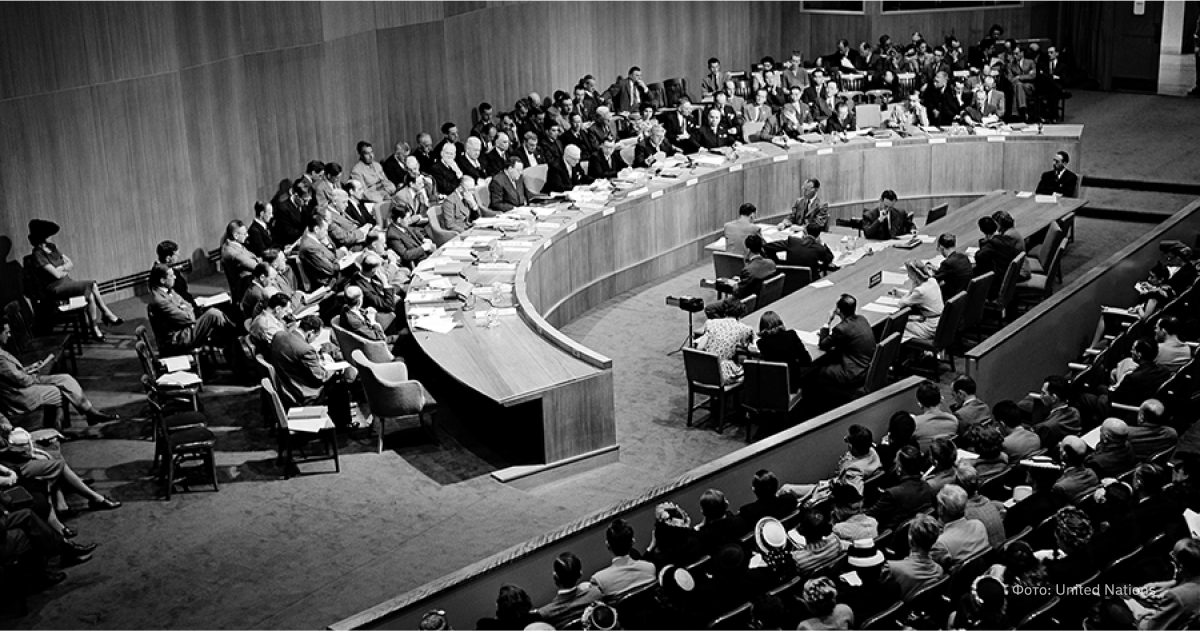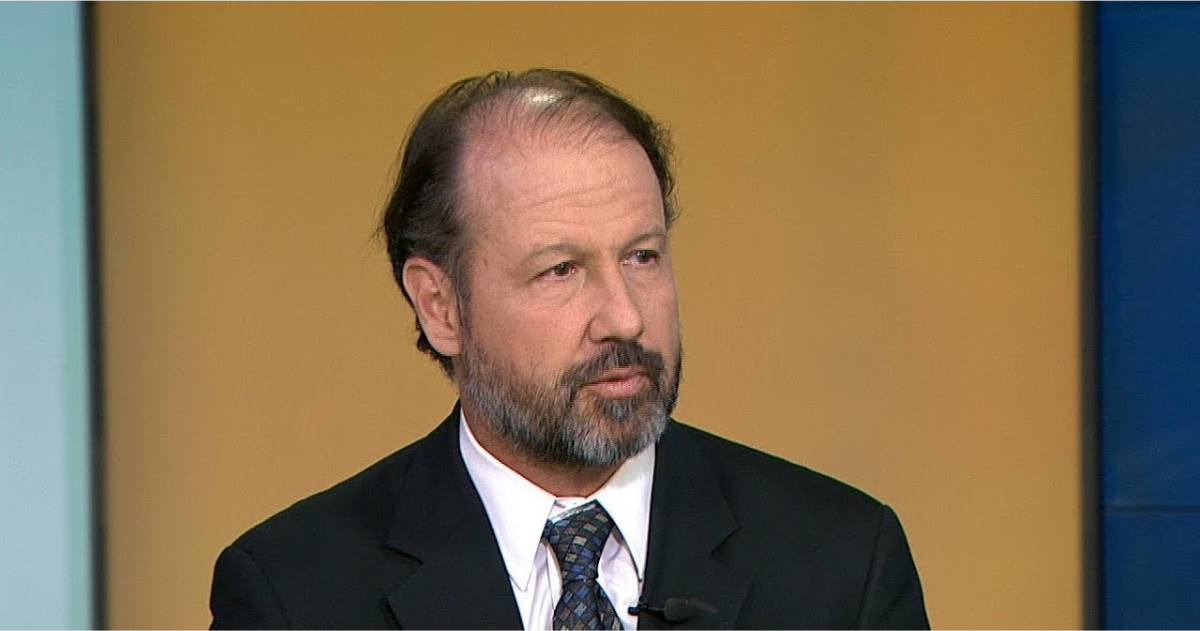Russia's withdrawal from the Comprehensive Nuclear-Test-Ban Treaty: what is the treaty, and how is the world reacting?
What preceded it?
On November 2, Russian President Vladimir Putin signed a law withdrawing Russia's ratification of the Comprehensive Nuclear-Test-Ban Treaty (CTBT). Before that, on October 25, the Federation Council, the upper house of the Federal Assembly, adopted a corresponding decision.
During the State Duma's consideration of the case, Vyacheslav Volodin stated that the decision to withdraw the ratification was in Russia's national interests and would be a mirror response to the United States.
The Russian president's spokesman claimed that the withdrawal of ratification did not mean that Russia would immediately launch nuclear tests.
In February 2022, Putin signed a law suspending Russia's participation in the New START Treaty, which limits the number of deployed intercontinental-range nuclear weapons that both the United States and Russia can have. It was signed in Prague on 8 April 2010. The treaty was extended in 2021 for a period of five years.
What is this treaty, and which countries have not ratified it?
The Comprehensive Nuclear-Test-Ban Treaty states that:
- each State Party undertakes not to conduct any nuclear weapon test explosion or any other nuclear explosion and to prohibit and prevent any such nuclear explosion in any place under its jurisdiction or control;
- each State Party undertakes further to refrain from any inducement, encouragement or any participation in the conduct of any nuclear weapon test explosion or any other nuclear explosion.
The Treaty was adopted by the UN General Assembly on September 10, 1996, but did not enter into force. It was signed by 186 countries and ratified by 178 of them. Ratification by the key 44 countries identified by the IAEA is required for its entry into force.
Among the nuclear powers, the UK, France and Russia have signed and ratified the Treaty. The United States, China, Israel, and the United States have signed but not ratified it. India, Pakistan and the DPRK have not signed or ratified it. Iran and Egypt, which are part of the group of key countries, have signed the Non-Proliferation Treaty but have not ratified it. Other countries have completed the ratification procedure, including Ukraine.

After the end of the Cold War in the 1990s, the last tests were conducted by the United Kingdom (1991), the United States (1992), France and China (1996). Between 1998 and 2016, ten nuclear tests were conducted: two by India and Pakistan and six by the DPRK.
Concerns about Russia's further intentions
Daryl Kimball, executive director of the Washington-based Arms Control Association, told Svidomi that despite the fact that the CTBT has not officially entered into force, it has strong global support (187 states have signed it), and it has effectively halted all nuclear test explosions that are essential for the development of new nuclear warheads.
"But we cannot take the CTBT for granted, and Russia's decision to withdraw its ratification from the treaty is counterproductive, it does not change Russia's legal obligations as a signatory to the treaty not to resume nuclear test explosions, but it does raise concerns about Russia's future intentions," he says.
Kimball claims that, according to Russian officials, the "de-ratification" of the treaty is designed to "mirror" the position of the non-ratifying states and try to convince the US Senate to approve ratification, but this step will only complicate the process.

However, Russia, like the United States and China, continues to conduct military activities at the test site, and there is a risk that one state or the other will accuse the other of conducting secret nuclear tests. The expert says it is possible to detect and deter tests through site inspections, but they will only be available when the treaty enters into force.
"In the final analysis, I believe Putin is trying to use “de-ratification” to keep the world guessing about whether he will resume testing, but Russia, which has already conducted 700 nuclear test explosions during the Cold War, has absolutely no military or political reason to resume the practice," he says.
The Washington-based Arms Control Association is now urging all responsible states to condemn Russia's "de-ratification" of the CTBT, to pressure it to abide by the moratorium on nuclear testing, and to call on other states, including the United States, to ratify the treaty so that "the world can shut the door on nuclear weapons testing".
A precursor to more definitive actions
At the same time, Andreas Persbo, programme director of the Open Nuclear Network, told Svidomi that the Kremlin's decision to deratify the Comprehensive Nuclear-Test-Ban Treaty is supposedly aimed to realign Russia's stance with that of the United States.

This posture does little to alter the present status quo. Nevertheless, this move by Moscow is not without significance, signalling a precursor to more definitive actions, potentially nuclear testing.
"To date, surveillance of the Novaya Zemlya test site(an archipelago in the Arctic Ocean between the Barents and Kara Seas; part of Russia's Arkhangelsk region - ed.) yields no evidence of imminent nuclear test preparations. The descent into arctic winter may also have placed a temporary halt to any such ventures. Yet, the Russian rhetoric is clear—they reserve the right to resume testing," says Andreas Persbo.
Answering the question of what Ukraine should expect from such a step by Russia, Persbo said: "Any nuclear test by Russia should be interpreted as strategic posturing, falling short of battle-field use. Such a display would serve as a deterrent aimed at curtailing Western support for Ukraine. This is a particularly acute consideration for Kyiv in the context of the upcoming U.S. presidential elections, where a shift toward disengagement could play into Moscow's hands. Countering this trend must be Kyiv's top priority, now, as well as in the future."
How did the world react to Russia's decision?
After the Russian Federation announced that Moscow was going to withdraw its ratification of the Treaty, the US State Department said that such a step by any state party, taken without necessity, would jeopardise the global norm prohibiting nuclear testing.
After the deratification, US Secretary of State Anthony Blinken said: "The Russian Federation’s irresponsible decision to withdraw its ratification of the Comprehensive Nuclear-Test-Ban-Treaty represents a significant step in the wrong direction."
Robert Floyd, Executive Secretary of the Comprehensive Nuclear-Test-Ban Treaty Organisation, said: "It would be concerning and deeply unfortunate if any State Signatory were to reconsider its ratification of the CTBT."
The Polish Foreign Ministry stated: "We have received with concern the information about Russia's withdrawal from the ratification of the Comprehensive Nuclear-Test-Ban Treaty. The decision was taken after months of irresponsible rhetoric and nuclear threats during the ongoing illegal aggression against Ukraine. (...) This is part of Moscow's deliberate scenario to consistently undermine collective efforts in the field of non-proliferation and disarmament."
The Ministry of Foreign Affairs of Canada called on Russia to rejoin the Treaty.
"The CTBT has proved instrumental in establishing the global norm against nuclear weapons testing, and it is a vital component of international peace and security. Canada deplores any action that endangers this norm and jeopardizes the CTBT’s entry into force," the statement said.
The EU also reacted to Russia's decision. High Representative of the European Union for Foreign Affairs and Security Policy Josep Borrell stressed that Russia's decision jeopardises the entire international nuclear non-proliferation and arms control architecture and poses a threat to global stability.
"The European Union deeply deplores this decision by Russia. All EU Member States have ratified the CTBT and have been working towards its strengthening and entry into force for many years. The Treaty is an instrument of crucial importance to nuclear disarmament and non-proliferation," the statement says.


